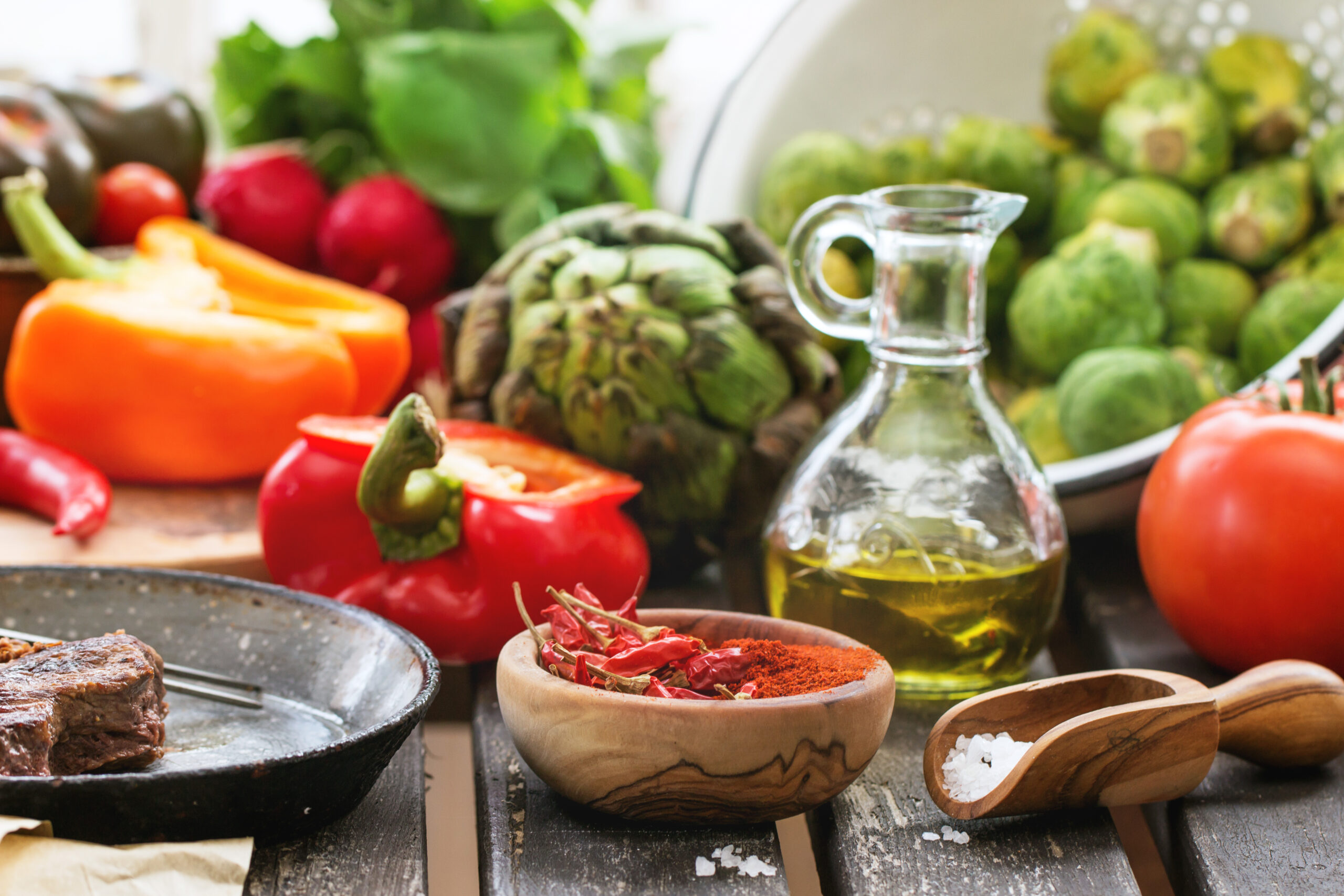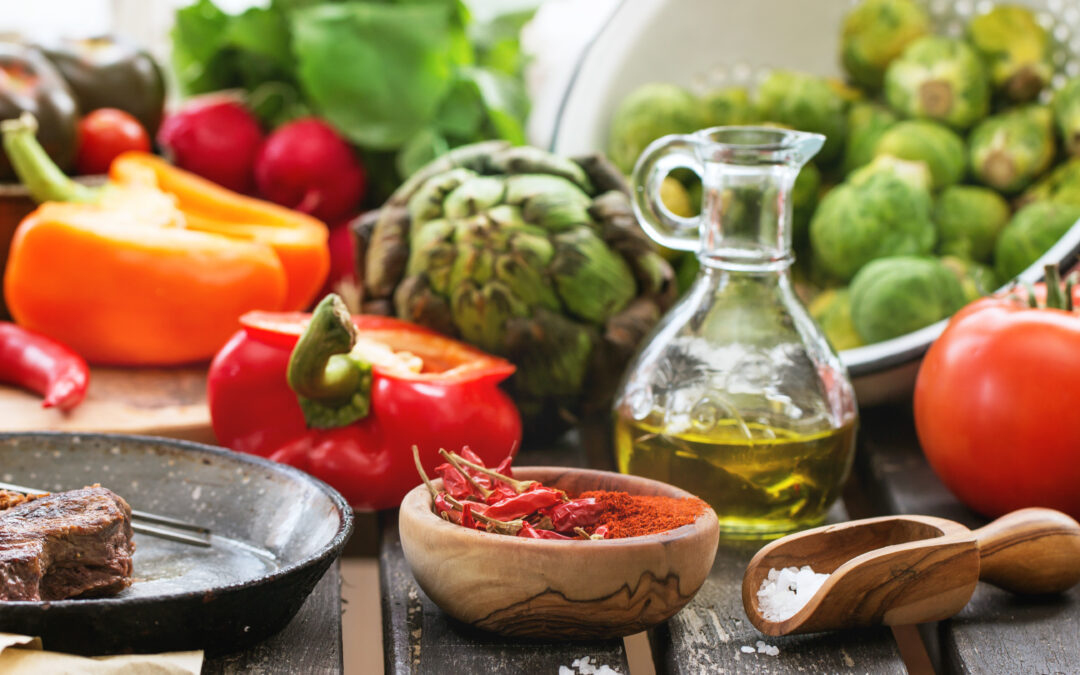Gardening is a wonderful hobby that can provide you with fresh, healthy produce and help you connect with nature. But what if we told you that you could take your gardening skills to the next level by growing your own organic fruits and vegetables? In this guide, we’ll walk you through everything you need to know to start an organic garden of your very own.
Introduction to Organic Gardening
Organic gardening is all about using natural methods to grow plants without relying on synthetic chemicals or pesticides. Instead, you’ll focus on building healthy soil, choosing the right plants, and caring for them in a way that promotes their growth and wellbeing. By doing so, you’ll not only be able to enjoy delicious, nutritious produce but also contribute to a more sustainable future.
Choosing the Right Plants and Seeds
The first step in starting an organic garden is selecting the right plants and seeds. Consider which crops are best suited to your region and climate, as well as your personal preferences. Some popular options include tomatoes, lettuce, spinach, radishes, and green beans. You may also want to choose heirloom varieties, which are open-pollinated and have been passed down from generation to generation. These types of seeds tend to be more resilient and better adapted to local conditions.
Get More Homesteading and Self-Reliance Tips. Subscribe!


Preparing the Soil for Planting
Once you’ve selected your plants and seeds, it’s time to prepare the soil for planting. Organic gardeners rely on compost, manure, and other natural materials to build healthy soil. You can also use cover crops, such as clover or rye, to improve soil fertility and prevent erosion. It’s essential to work the soil thoroughly before planting, breaking up any clumps and creating a fine texture that will allow roots to penetrate easily.
Caring for Your Plants Throughout the Growing Season
During the growing season, you’ll need to care for your plants regularly. This includes watering, weeding, and pruning, as well as monitoring for pests and diseases. Organic gardeners use natural remedies like neem oil, garlic spray, and companion planting to keep pests at bay. You should also consider installing birdhouses and bat boxes to encourage beneficial insect predators to visit your garden.
Harvesting and Preserving Your Homegrown Produce
Finally, when your plants begin to bear fruit, it’s time to harvest and preserve your homegrown produce. Start by picking ripe fruits and veggies daily, taking care not to overharvest and weaken the plants. You can then store your produce in the fridge or freezer, make jams and jellies, or dry herbs and spices for later use. The satisfaction of eating food you grew yourself is unmatched, and with these tips, you’re sure to succeed in your organic gardening journey.



